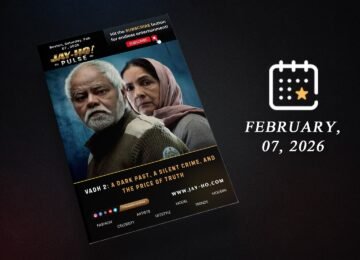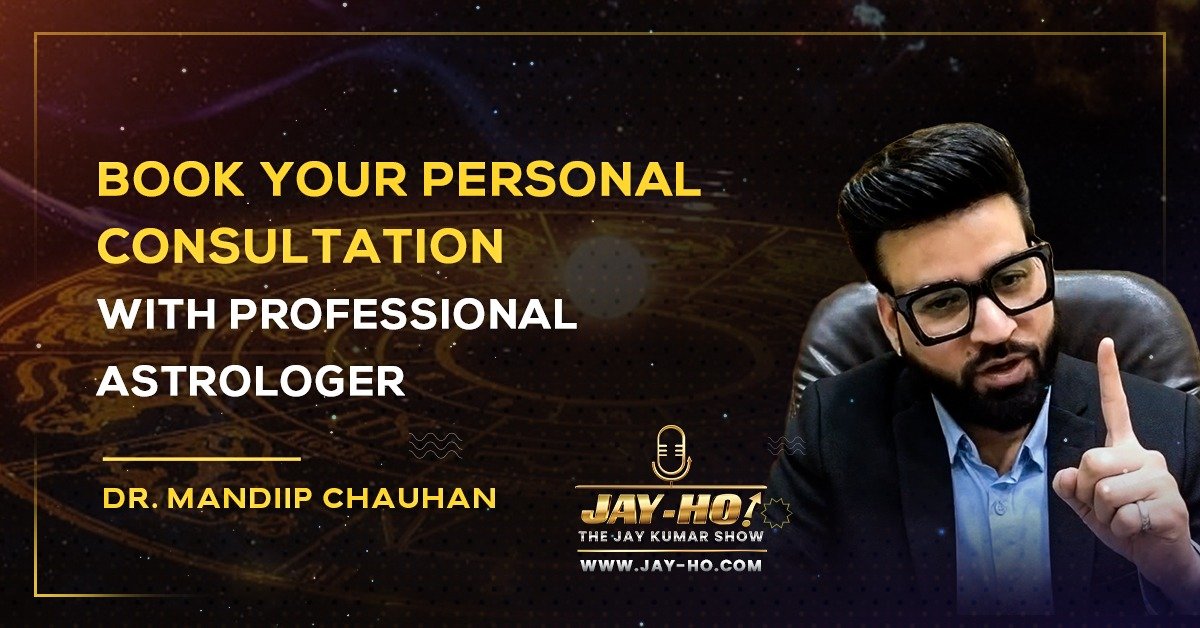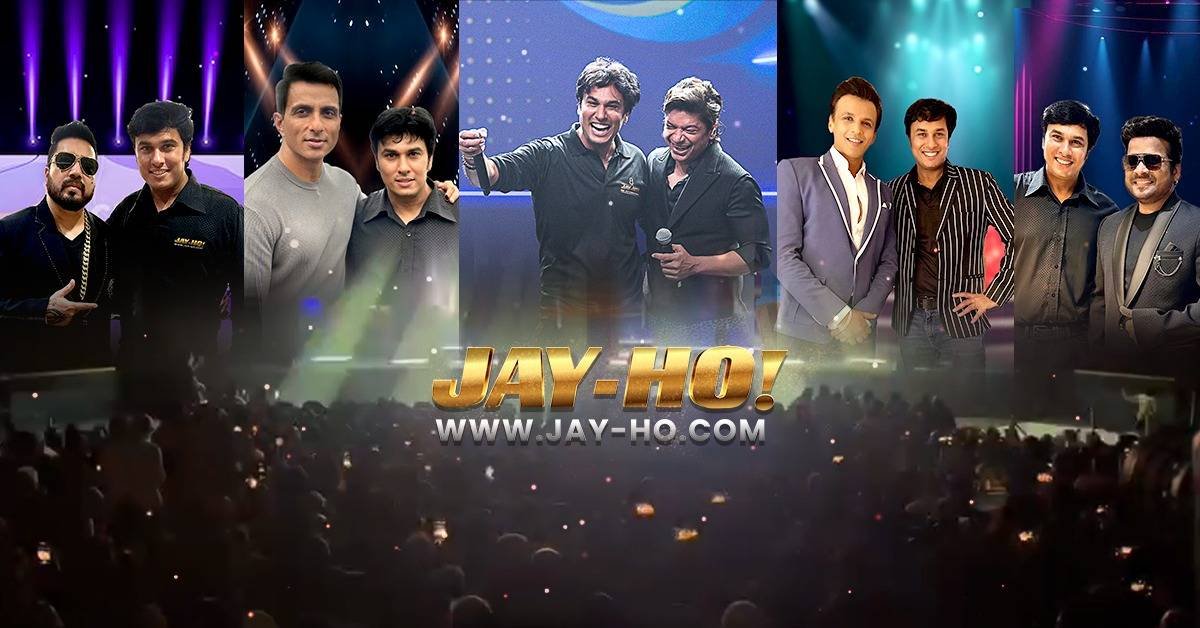At the audio launch of ‘Lal Salaam‘, Aishwarya, daughter of the legendary actor Rajinikanth, found herself at the center of a controversy. Her comment defending her father against being labelled a ‘Sanghi’ sparked a heated debate. However, Rajinikanth came forward to defend his daughter’s statement, emphasizing that she had not used the term ‘Sanghi’ in a negative sense. Let’s take a closer look at the controversy and understand the perspectives involved.
Defending Her Father Rajinikanth
Aishwarya, known for her calm and reserved nature, took a stand for her father and his reputation. She expressed her disapproval of the derogatory term ‘Sanghi’ being used to describe him. Addressing the issue, she revealed that she was not familiar with the term and had to ask someone for an explanation.
“I generally stay away from social media, but my team often tells me what’s happening and keep showing some posts. I used to get angry seeing them. We’re human beings too. In recent times, many people call my father a Sanghi. I didn’t know what it meant. I then asked someone what was the meaning of Sanghi, and they said that people who support a particular political party are called Sanghi,” she stated.
Rajinikanth’s Support
Rajinikanth, a prominent figure in the Indian film industry, stood firmly by his daughter’s side. Speaking to reporters outside Chennai airport on Monday, he vehemently defended Aishwarya’s comments. He clarified that her use of the term ‘Sanghi’ was not intended to be derogatory. “Let me make it clear, she never used ‘Sanghi’ in a bad sense. It was simply her attempt to understand the term and its implications. As a responsible father, I fully support my daughter and her right to express her opinions,” Rajinikanth asserted.
The ‘Sanghi’ Label
The term ‘Sanghi’ has often been used as a derogatory label by those who oppose right-wing ideologies in Indian politics. It originated from the word “Sangh Parivar,” representing a collection of Hindu nationalist organizations. However, over time, it has gained a negative connotation by some who associate it with extremist views.
Clarifying Aishwarya’s Intent
It is crucial to separate Aishwarya’s comment from the negative implications attached to the term ‘Sanghi.’ Her aim was not to malign her father or perpetuate any political bias. Instead, she was expressing her concern over the unjust labeling and the impact it has had on her family. It is quite common for celebrities and public figures to face such unwarranted criticism on social media platforms. Unfortunately, without a thorough understanding of the terminology used, these comments can cause significant distress.
The Audio Launch of Lal Salaam
The audio launch of Lal Salaam took place at a private college in Chennai on 26th January. Despite the controversy surrounding Aishwarya’s remark, the event remained focused on the celebration of the film. Lal Salaam, a highly anticipated movie, aims to highlight social issues while entertaining the audience with its engaging storyline. Attended by members of the film fraternity, critics, and fans, the audio launch showcased the cast and crew’s hard work, dedication, and creativity. The event marked a significant milestone in the journey of the film, generating excitement among the audience.
Conclusion
In a world dominated by social media and constant scrutiny, it is essential to approach discussions and debates with understanding and empathy. Aishwarya’s comment defending her father, Rajinikanth, against the ‘Sanghi’ label created a buzz, but it is essential to separate her intentions from the negative associations attached to the term.
Rajinikanth’s unwavering support for his daughter further emphasizes the importance of standing up against unfair criticism. As individuals and as a society, it is crucial to foster an environment where healthy conversations can take place, free from prejudice and bias.
Let us remember that everyone deserves respect, regardless of their political affiliations or beliefs. It is through dialogue and compassion that we can bridge the gaps and truly understand one another.























